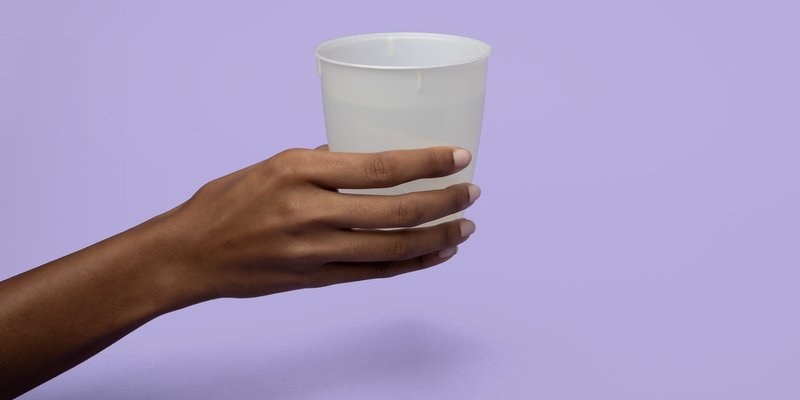
With the passing of Toby Keith this year, it’s a good time to also say goodbye to the red SOLO cup.
Of the billions of pounds of plastic sent to landfills, a lot comes from plastic packaging, a category that includes single-service cups. What if we could replace those cups with ones that would decompose naturally, in water, in soil, with or without oxygen?
Well, we can. Or, at least that’s the pitch of Better for All.
Launched by ex-CEO of Lululemon and Reebok Bob Meers, Better for All, is on a mission to replacing the traditional SOLO cup and other single use plastic cups (that you may or may not use on your taproom patio) with a compostable, lightweight alternative. A cup that decomposes with food waste organically after 24 weeks.
Better for All cups are made from PHBH, which is designed to completely biodegrade in almost any environment. The cups are TUV-certified home compostable and BPI-certified compostable. 100% Bio Based and Petroleum Free, these are the first line of pure PHBH compostable cups made in the U.S.
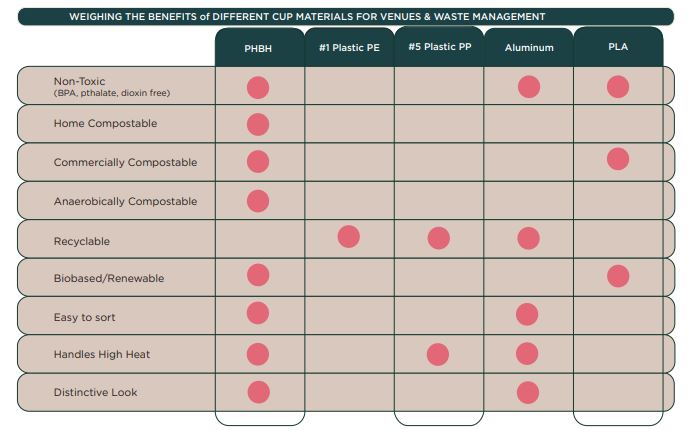
These cups are designed to be disposed of with food waste, fully compostable in aerobic and anaerobic composting facilities, as well as in landfill. Certified Home and Commercially Compostable. Temperature tolerant 32-220 degrees Fahrenheit. Each cup is reusable, dishwasher-safe, nontoxic, can hold cold and hot drinks.
For an interested brewing business, the current minimum order count is approximately 21,600 cups and lead time of about 45 days. Better for All cups can be printed with water based ink, but they do not offer inline printing at their factories currently.
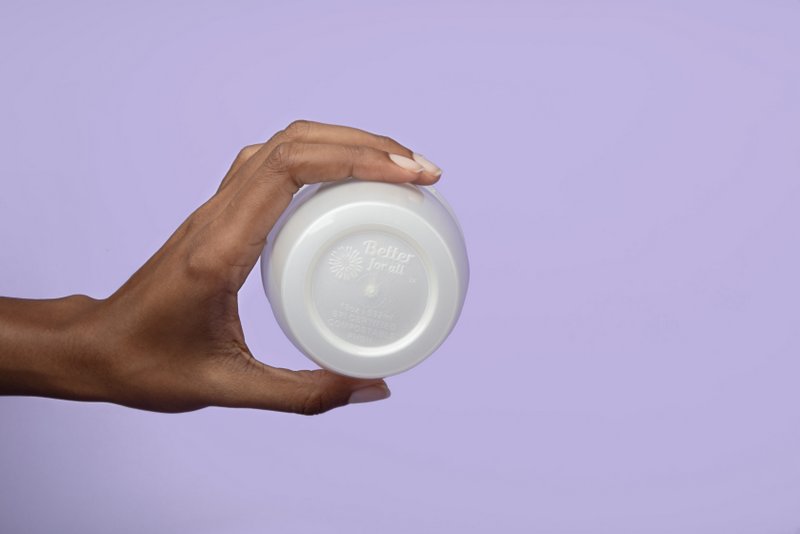
Why compostable vs. recyclable?
Disposable dishware is rarely recycled after coming into contact with food and drink – estimates put petroleum plastic cup recycling rates at 5%. In the instance of a soiled recyclable container going to landfill, the loss is doubled-organics waste that could have been composted, and recyclables that could have been recycled, all landfilled.
Better for All cups are designed to go into the compost bin with food waste and sent to the local composting facility in a single waste stream. Diverting waste from landfill is critical. Diverting food waste from landfill is even more vital, as organic waste in landfill decomposes anaerobically, releasing methane, a potent greenhouse gas. Even better, our compostable cups are certified HOME compostable, meaning they will fully compost in your home composting bin in 24 weeks or less.



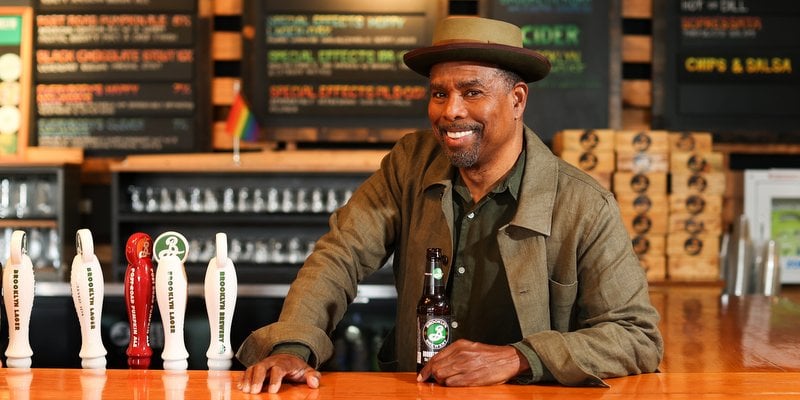
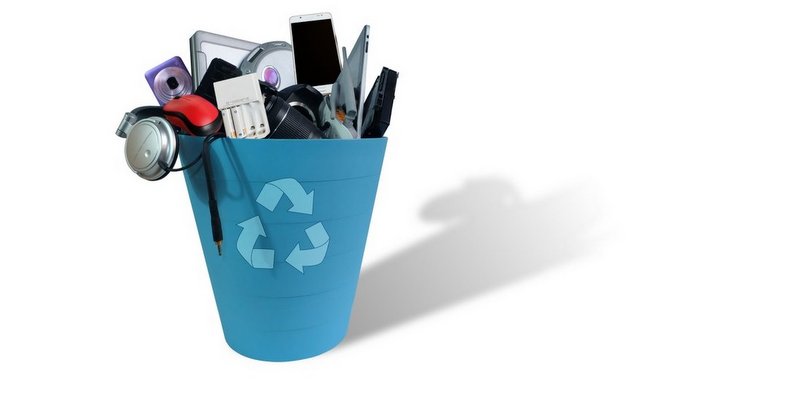
Leave a Reply
You must be logged in to post a comment.